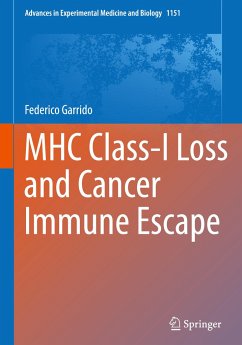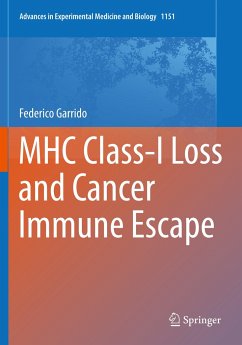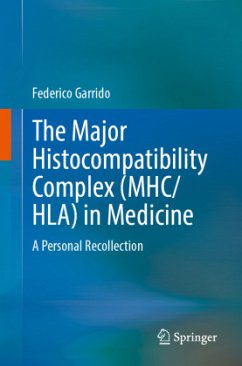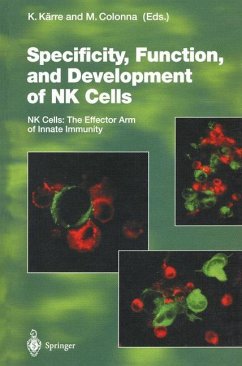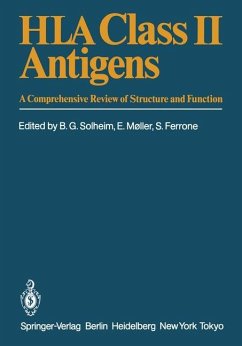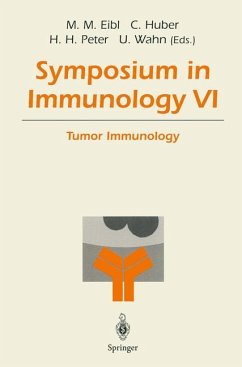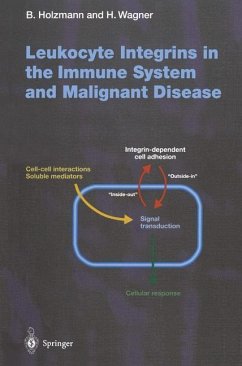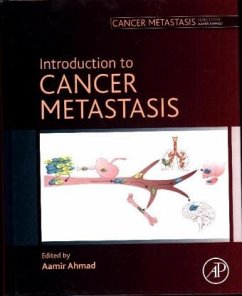
MHC Class I Antigens In Malignant Cells
Immune Escape And Response To Immunotherapy

PAYBACK Punkte
20 °P sammeln!
Abnormal expression of MHC class I molecules in malignant cells is a frequent occurrence that ranges from total loss of all class I antigens to partial loss of MHC specific haplotypes or alleles. Different mechanisms are described to be responsible for these alterations, requiring different therapeutic approaches. A complete characterization of these molecular defects is important for improvement of the strategies for the selection and follow-up of patients undergoing T-cell based cancer immunotherapy. Precise identification of the mechanism leading to MHC class I defects will help to develop ...
Abnormal expression of MHC class I molecules in malignant cells is a frequent occurrence that ranges from total loss of all class I antigens to partial loss of MHC specific haplotypes or alleles. Different mechanisms are described to be responsible for these alterations, requiring different therapeutic approaches. A complete characterization of these molecular defects is important for improvement of the strategies for the selection and follow-up of patients undergoing T-cell based cancer immunotherapy. Precise identification of the mechanism leading to MHC class I defects will help to develop new personalized patient-tailored treatment protocols. There is significant new research on the prevalence of various patterns of MHC class I defects and the underlying molecular mechanisms in different types of cancer. In contrast, few data is available on the changes in MHC class I expression during the course of cancer immunotherapy, but the authors have recently made discoveries that show the progression or regression of a tumor lesion in cancer patients undergoing immunotherapy depends on the molecular mechanism responsible for the MHC class I alteration and not on the type of immunotherapy used. According to this notion, the nature of the preexisting MHC class I lesion in the cancer cell has a crucial impact on determining the final outcome of cancer immunotherapy. This SpringerBrief will present how MHC class 1 is expressed, explain its role in tumor progression, and its role in resistance to immunotherapy.





